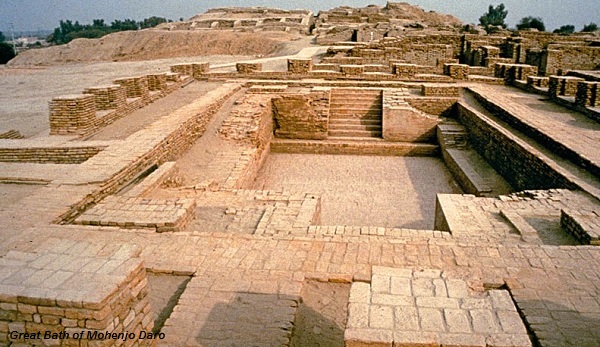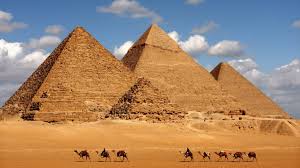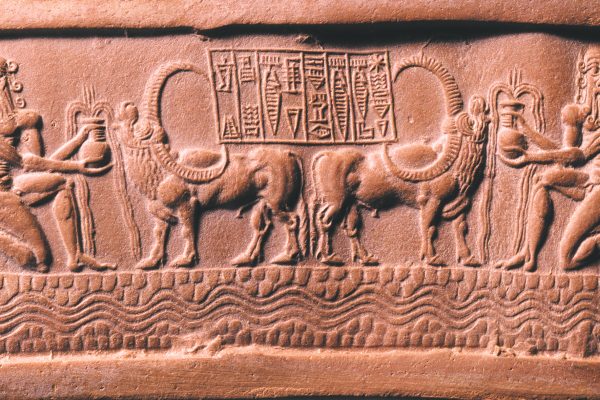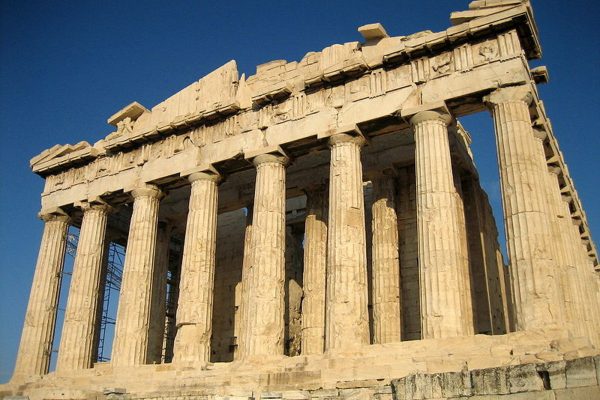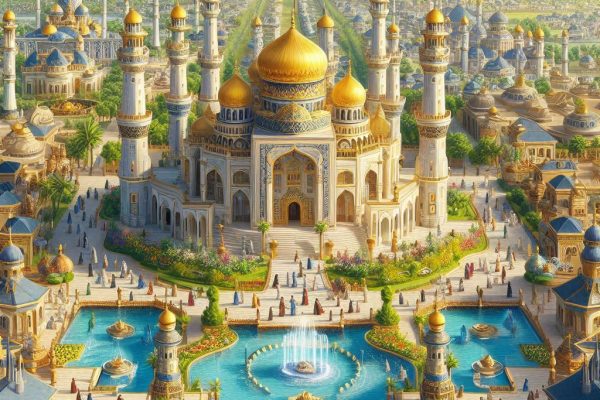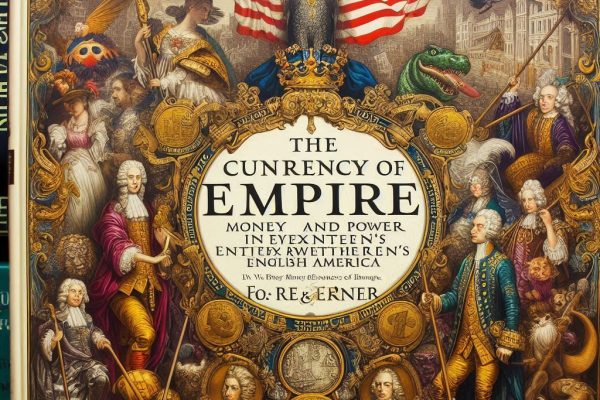
Landmark European Court Cases That Shaped Society and Legal Systems
Landmark European court cases have significantly shaped societal views and legal frameworks. The Schalk and Kopf v. Austria case emphasized the need for legal recognition of same-sex relationships. The CJEU ruling on beneficial ownership balanced transparency in combating financial crimes with privacy rights. The influence of Brown v. Board of Education extended to Europe, driving anti-discrimination policies. Lastly, Irwin Toy Ltd. v. Quebec impacted European advertising regulations, particularly in protecting children from exploitation. These cases highlight the dynamic interplay between law and evolving social norms, promoting justice and equality.











